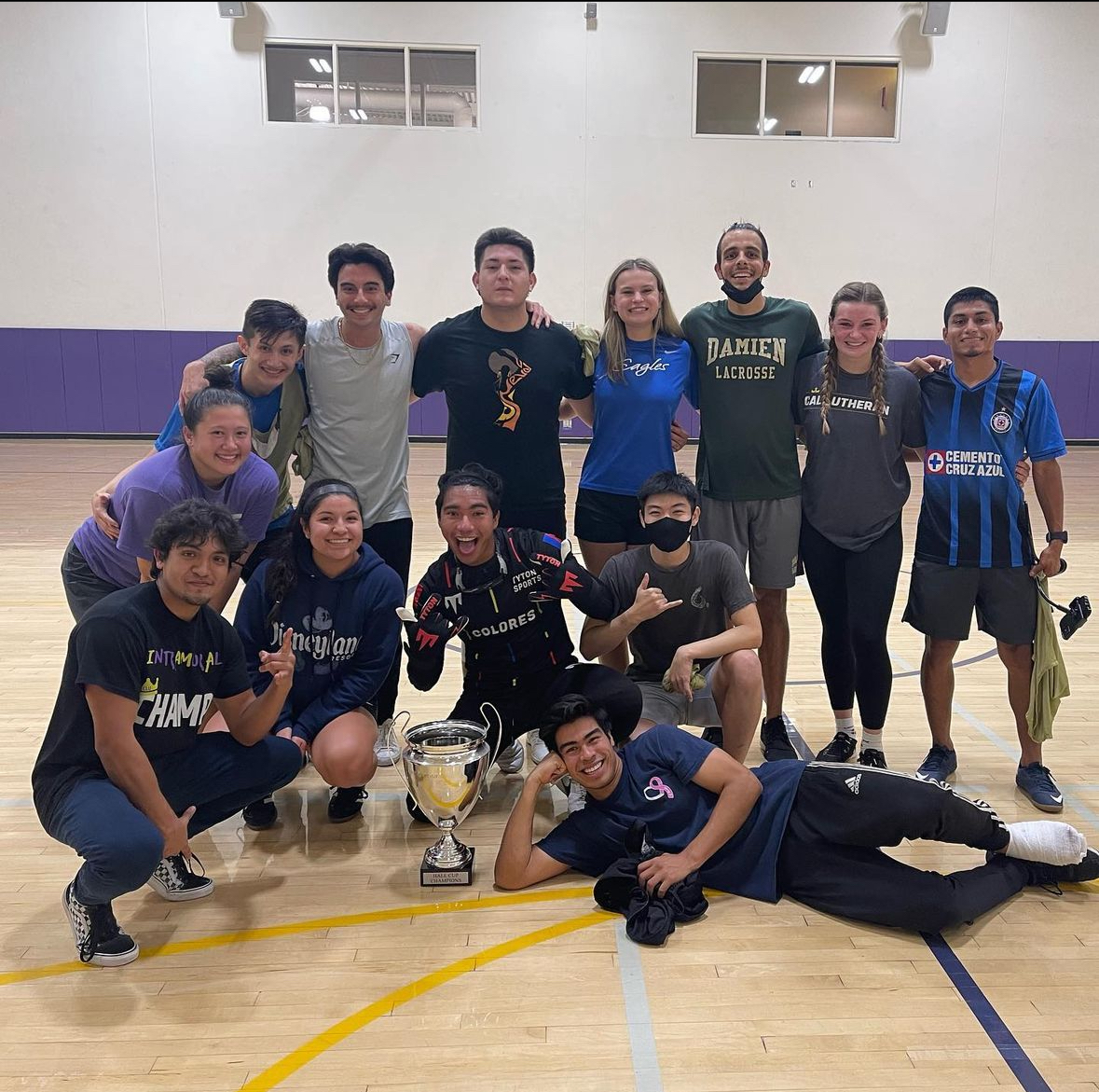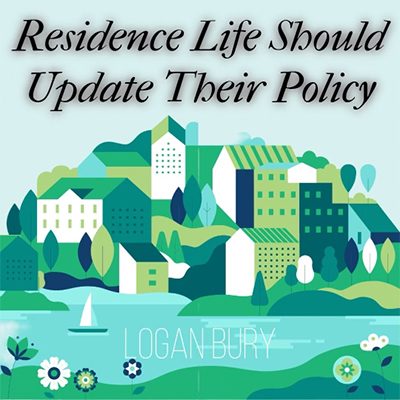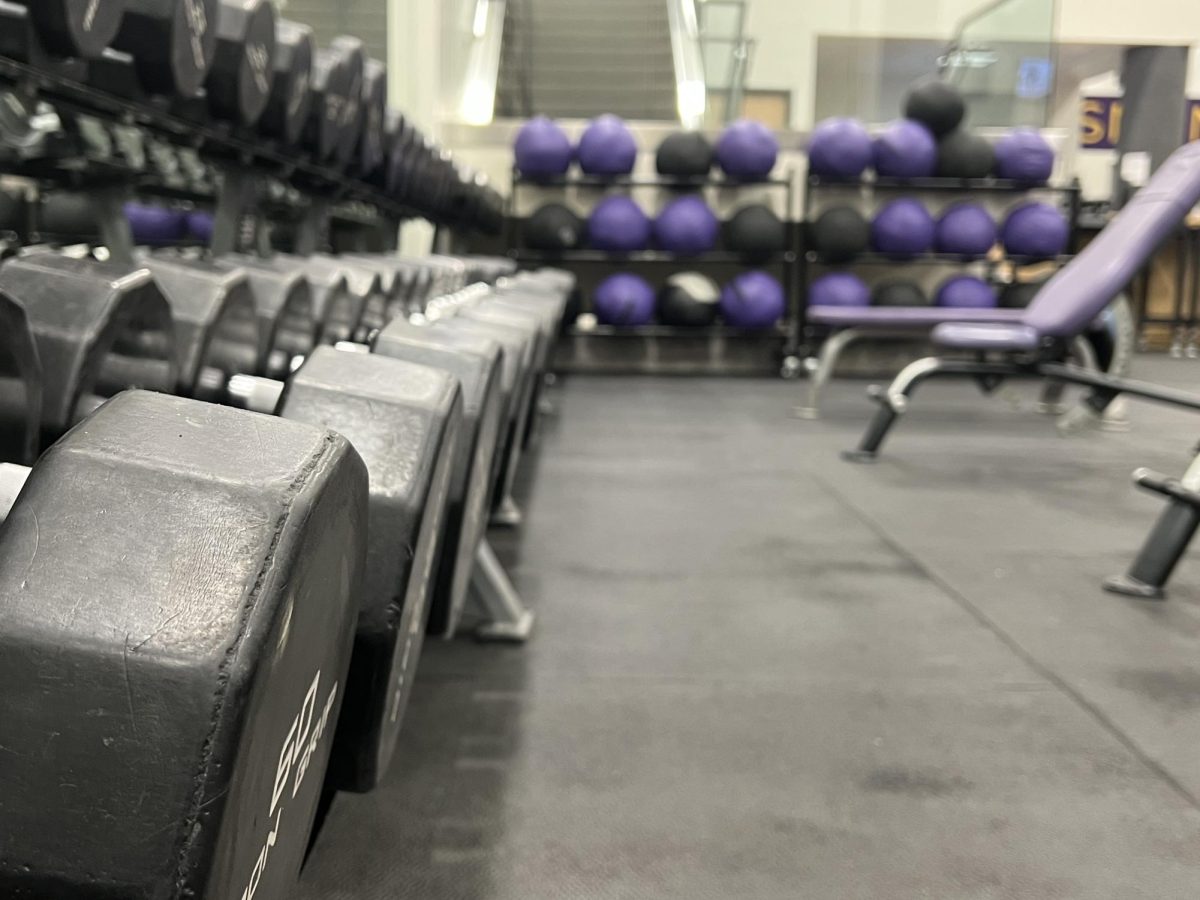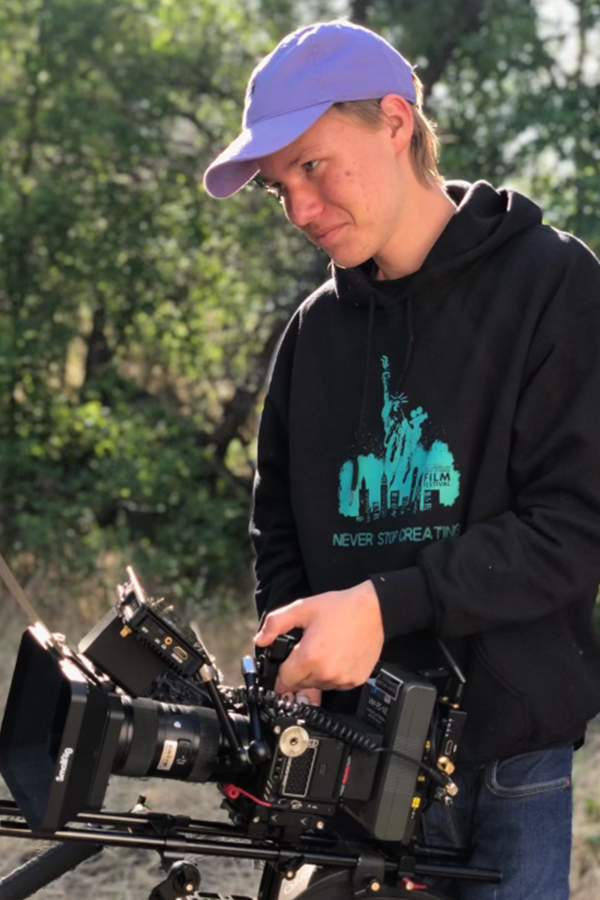I never thought that not having a driver’s license was a big deal, but one particular Uber ride made me think again. In light of the recent Uber-related murder of a college student, it’s important to remind students to be safe, especially when it comes to public transportation.
In my sophomore year at California Lutheran University, I ordered an Uber to take me to Bob Hope Airport for Thanksgiving break. My Uber ride began fairly normally. My driver and I made a bit of small talk and everything seemed fine.
It quickly took a turn for the worst. My driver began talking about his obscure pets, flirted with me and the car ride ended with me feeling extremely uncomfortable and scared. He had gone off-route, asked me to climb into the front seat of the moving car, made multiple advances on me, tried to convince me to have dinner with him and momentarily parked in a random secluded parking lot.
To top it all off, when he finally dropped me off at the airport, he got out, hugged me and then asked for my phone number.
I was disappointed to hear that these bad Uber experiences aren’t a rare occurrence. Marvin Rue Jr., a senior at Cal Lutheran, also had a bad Uber experience when he was a first-year. He recalls that he was going to see a movie with friends and the Uber they ordered smelled very strongly of weed.
“The driver was so high we couldn’t understand what he was saying. So we get in his car, and he almost got into an accident twice because he couldn’t stay in his own lane and he was trying to have a conversation with us,” Rue said. “I just remember praying and hoping we would get back safely.”
Rue, who is a Lyft driver, has found himself in a similar situation as I had been in. We both felt uncomfortable, but there was no way to get help or escape.
In a viral tweet, Twitter user @biminiblueyes wrote about her bad experience with an Uber driver. She also tweeted about her anger toward the way Uber was handling her situation.
“What is it called when an @Uber driver breaks down for an hour, tells you he won’t charge you for the ride, invites you to dinner, but after you politely decline, he charges you anyway and more than the original quoted price? Exploitation? I can’t quite find the word…” her tweet read.
When you get in an Uber, or any other peer-to-peer rideshare, you put your safety into someone else’s hands. This is an uneasy idea to think about when you consider the incidents that have happened.
A little over a month ago, University of South Carolina student Samantha Josephson was murdered because she accidentally got into a car she thought was her Uber ride.
In Los Angeles, three women were allegedly “sexually assaulted by men posing as Uber drivers outside bars and nightclubs,” according to Today.com.
These are only a handful of isolated events, but it makes one wonder why this is still happening and if Uber is going to take action.
According to Today.com, two weeks after the murder of Josephson, Uber’s Chief Senior Vice President, Chief Legal Officer and Corporate Secretary Tony West said the Uber app will incorporate safety notifications and alerts for riders to check the driver’s information to confirm it’s the correct person picking them up. This will include reminders to look at the vehicle’s make and model as well as the driver’s name and photo.
Rue said he thinks that these companies should be more thorough in who they let drive. He suggests having some kind of interview process because the process for becoming a driver is simple.
“I’m a Lyft driver, and I didn’t speak to anyone during the hiring process. I just got a check up on my car, proved I had insurance and that was it. There was no background check or anything,” Rue said.
I also agree that these rideshare companies should put more consideration toward the safety of their customers. I encourage others to take precaution when using these apps. Make sure to check the license plate of the car, confirm your name with your driver, share your location with friends or family and trust your instincts. These steps may seem excessive, but it’s always better to be safe than sorry.
Kayomi Kayoshi
Reporter







